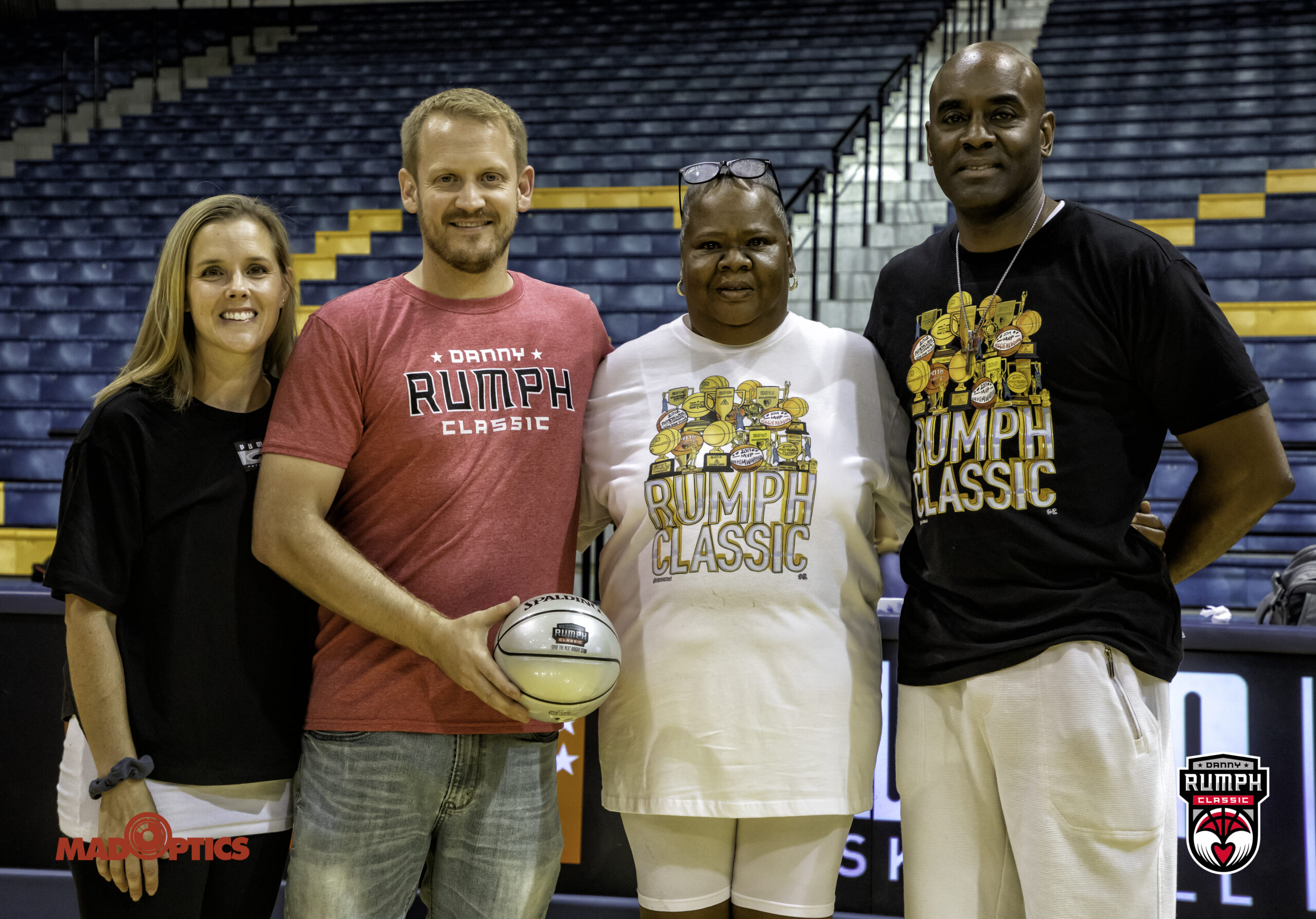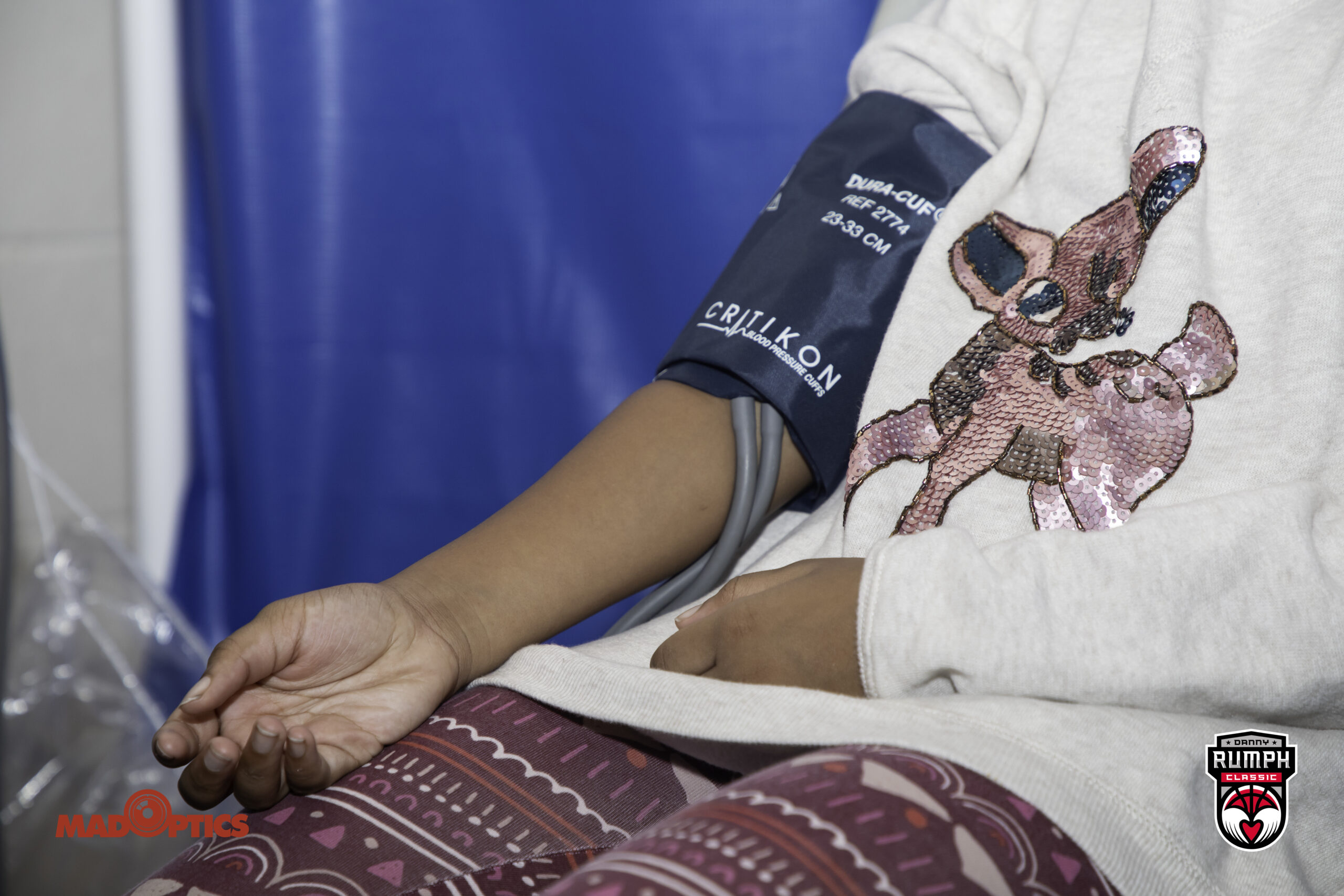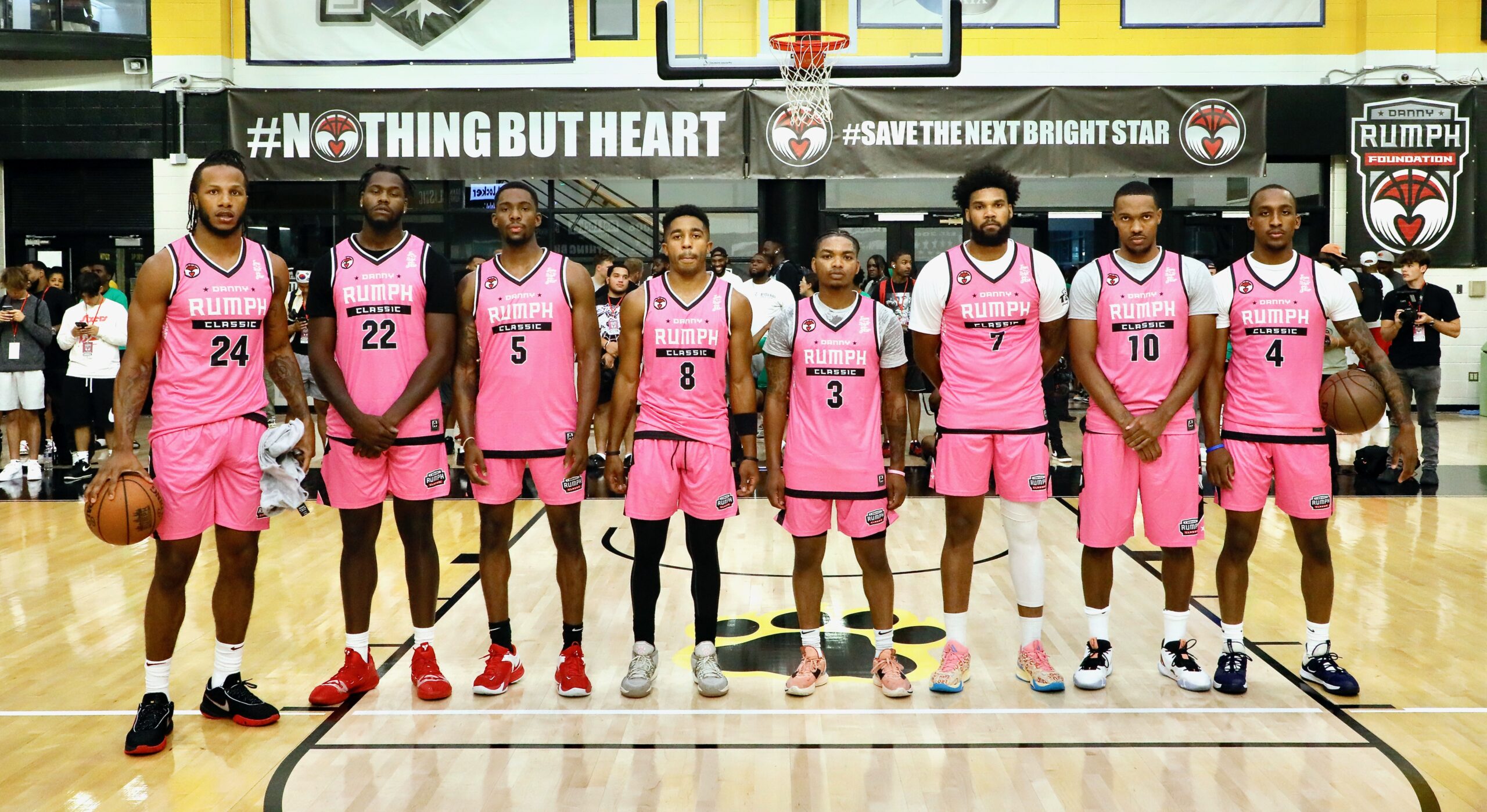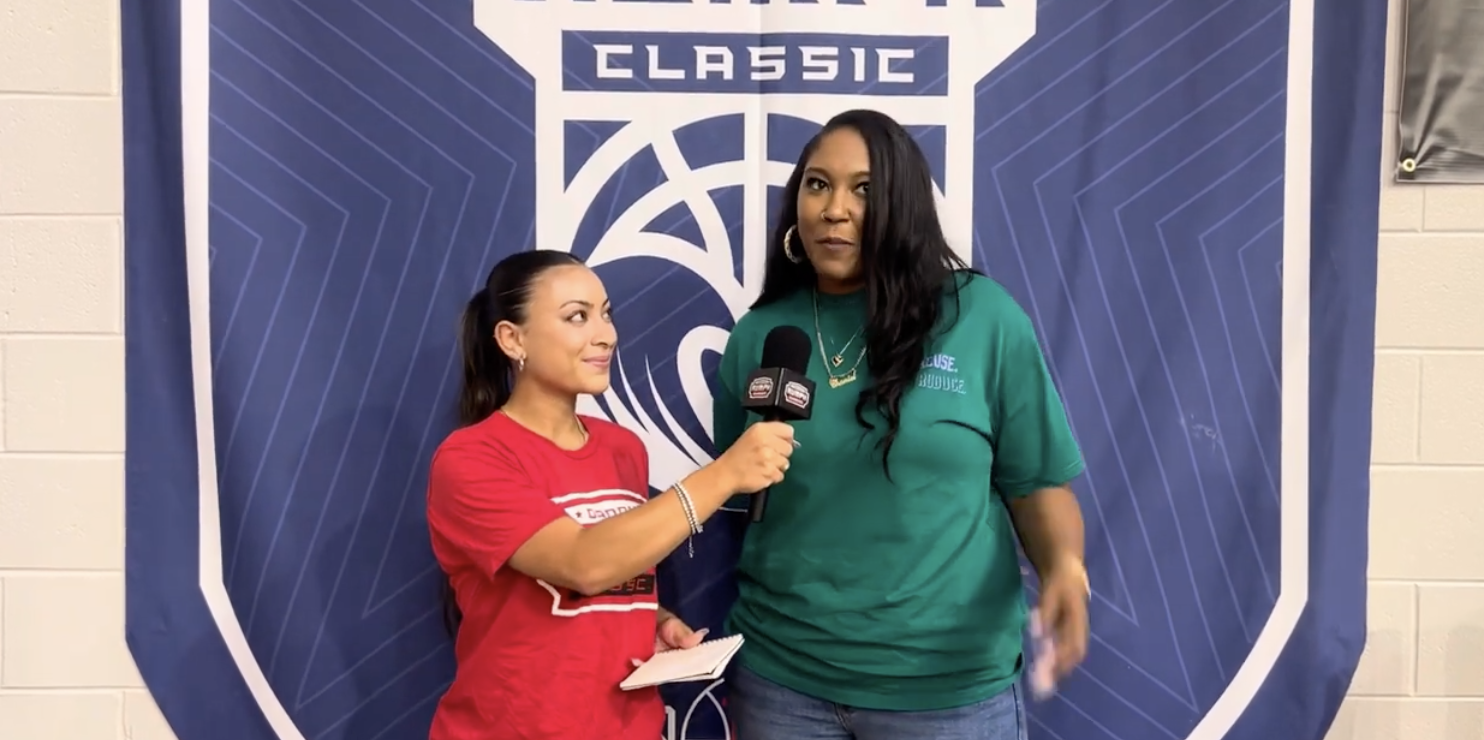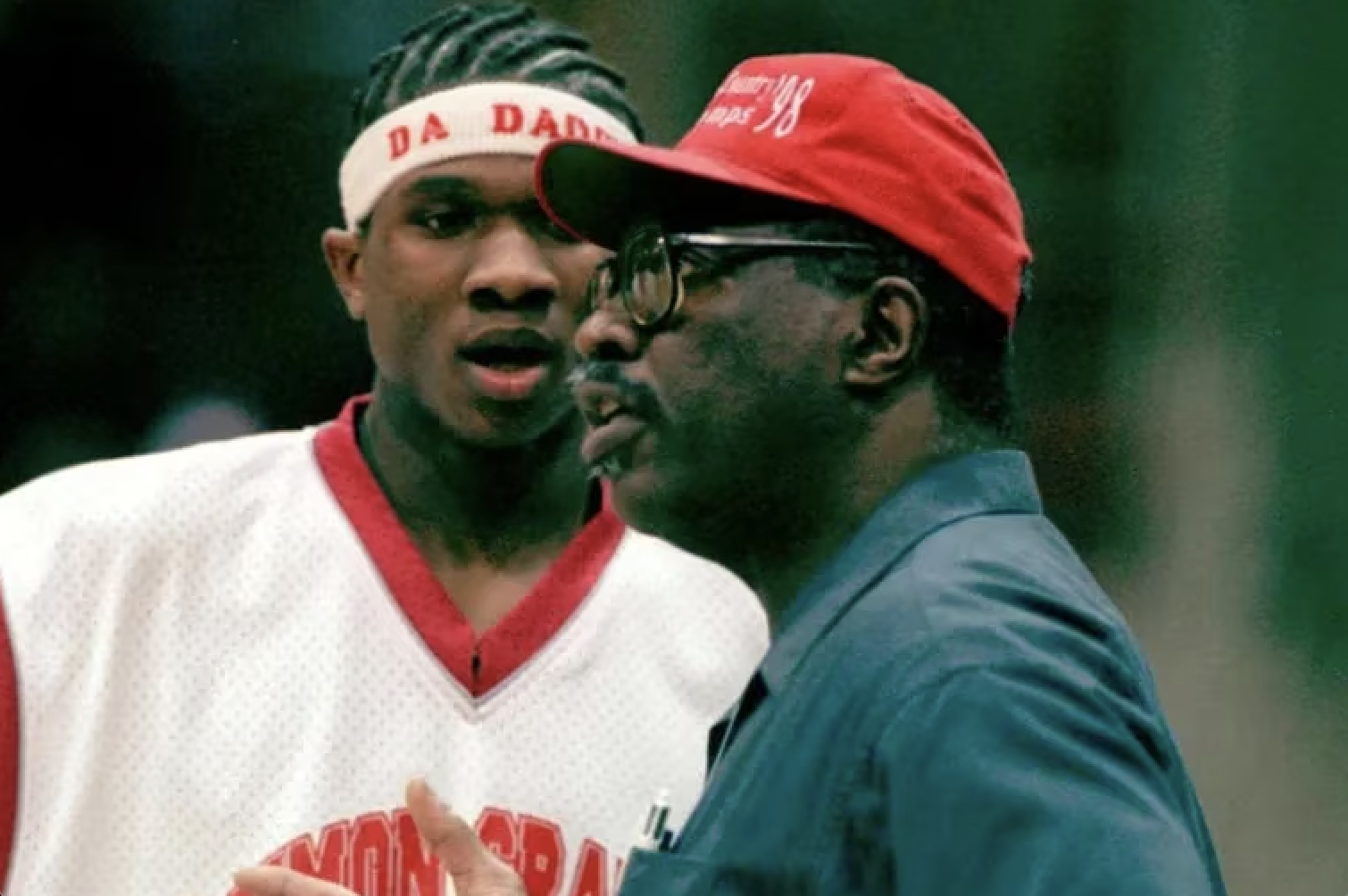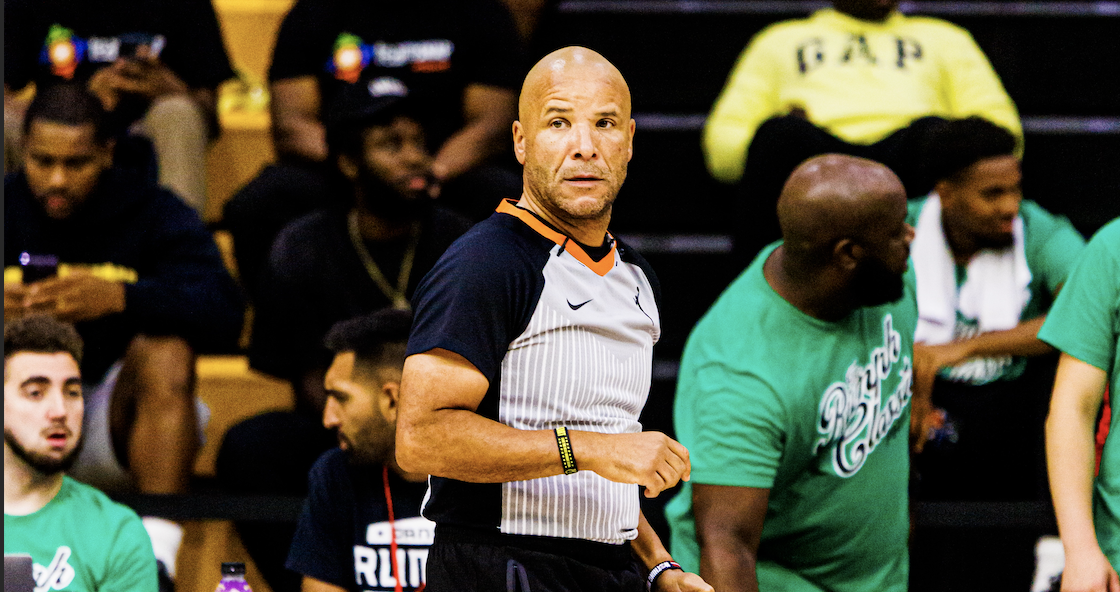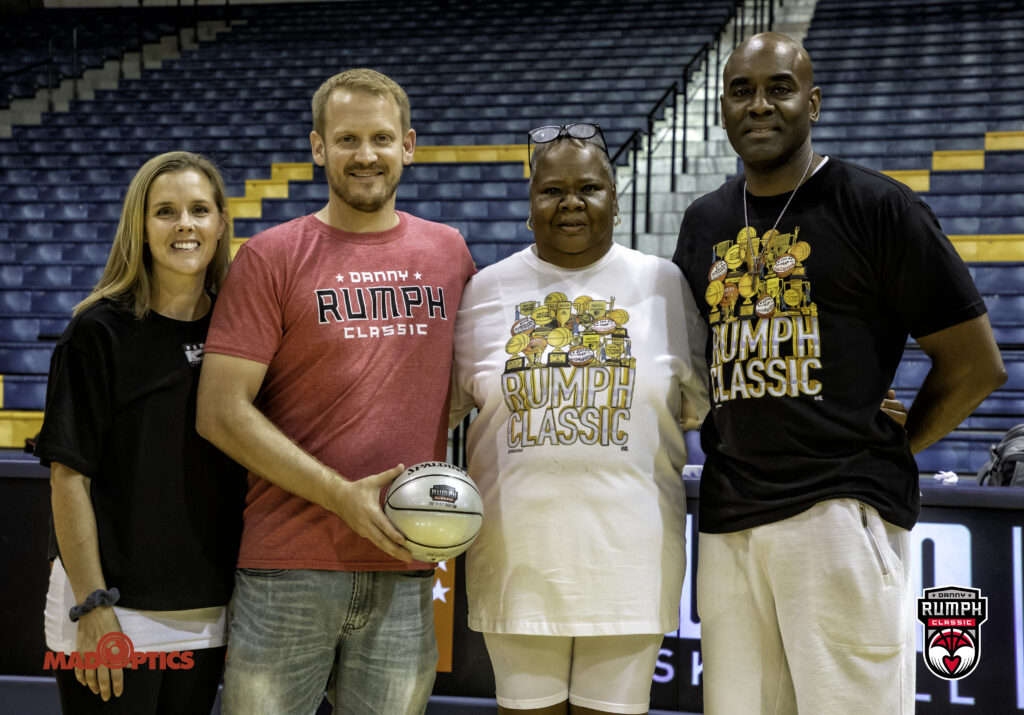After Danny Rumph passed away in 2005, his mother, Viola Owens dove into researching the signs of hypertrophic cardiomyopathy.
Owens, better known as Ms. Candy, put together little cards that read “sometimes it’s not the flu” with bullet points on the back containing all the research she had done. She was putting the cards in people’s doors, on people’s car windows and handing them out to anyone who would take one.
Shortness of breath.
Coughing.
Constant colds.
Get your child’s heart checked.
She had previously heard of two other young men who had passed away from similar heart conditions in the area and felt a call to action would be valuable for the community.
After a few days of passing them out, she had been walking through the park wailing, overwhelmed by all the emotions of recently losing her only son on Mother’s Day, 2005.
“This lady walks up to me and says, ‘I’ve been looking for you,’” Ms. Candy remembers, unsure of who the woman was. “I said, ‘Are you sure you’re looking for me?’”
The woman held up one of the cards and asked if Ms. Candy was the one who put it on her car. She confidently assured her she did.
“She looked at me,” Ms. Candy remembers, “and said, ‘after seeing this I took my son to the doctor and found out he had a heart condition.’”
After conversations with her brother, Marcus Owens, and Rumph’s childhood friend, Mike Morak, now the tournament’s lead organizer, the Daniel E. Rumph II Foundation slowly began to piece together the mission of saving the next bright star.
Ms. Candy got Adam Beloff, a judge in Philadelphia at the time, and her accountant, Anthony Fanty, on the phone to really get the ball rolling. Two weeks later all the paperwork was in the mail.
Wholeheartedly embracing the work of the foundation has been tremendously therapeutic for her. Ms. Candy admits she had periods of completely shutting down after his passing but keeping Rumph’s legacy alive has been the most effective coping mechanism.
Not only does Ms. Candy continue to do everything in her power to give back to the community but she also leads by example.
Earlier this week she was cleaning Cliveden Park in Germantown. A young man approached her and asked if she would follow him for a minute. He had to show her something.
So she reluctantly agreed to walk over to his car, a bit wary of what it might be. He opened up the back door pointing at a broom and some trash bags sitting in the backseat.
“He said to me, ‘I’ve been cleaning Finley Park every day and I just want you to know this is because of you,’” Ms. Candy recalled. “I started crying because I was just so elated that somebody that young would do that. He was only about 21.”
Between the countless toy and food drives, the time she spends cleaning up her local parks and becoming a foster parent within the last few years, Ms. Candy’s kindness is both unmatched and impossible to quantify.
By no stretch of the imagination does that imply it’s been an easy road. But she’s kept a smile and open arms despite all the hardship.
“I’ve been through breast cancer, I have a heart condition,” Ms. Candy said, smirking at her own hardships. “I have three tears in my leg and I’ve been in nine car accidents. And it ain’t stopping me. Ain’t nothing stopping me.”
It’s been 16 years since Rumph tragically lost his life to hypertrophic cardiomyopathy, a common disorder associated with sudden cardiac arrest. But Ms. Candy still feels his presence, knowing how happy he would be to see the way his story has strengthened the community while making the world a better place.
She remembers when her son was growing up, he would have different groups of friends all over. But he had a special way of bringing everyone together.
The Rumph Classic not only uses his story as a platform to amplify the importance of a healthy heart, but it also connects the Philadelphia basketball community in a way only he could.
“[If he was here today], he would say,” Ms. Candy said, lowering her voice in an attempt to impersonate her late son, “Mike, you did it. You did just what I want.”

